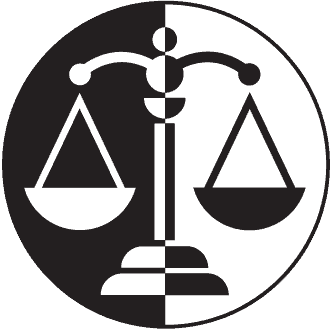Do you need to hire an attorney to probate a Will or open an estate?
Can you qualify as Executor and administer an estate without a lawyer? Yes. You’re not required to retain an attorney to help you probate a Will and administer an estate. You can take the original Will to the courthouse and complete the forms to open an estate on your own. For some estates, the administration is uncomplicated and an attorney is not necessary.
In some situations, hiring a lawyer to help you with the estate administration is a good idea:
- Insolvent Estates. If an estate has more bills than money, you may think you can’t afford a lawyer’s help, but this type of estate can be complicated, and you will likely need legal advice. Attorney fees are usually considered an expense of administration, and those expenses are paid from the estate funds first before other creditors of the estate are paid. An attorney can advise you as to whether it’s a good idea to open an estate at all in this circumstance. If the estate funds are inadequate to pay all of the creditors, the North Carolina statutes require that creditors be paid in a certain order of priority, and an attorney can help you determine who gets paid what.
- Intestate Estates. If there is no Will, the North Carolina statutes determine the heirs of the estate. Sometimes determining the heirs and the percentages to which they’re entitled can be complicated. You don’t want to distribute the estate assets to the wrong people or in the wrong amounts since it is very hard to get them back if you make a mistake. An attorney can help you determine the heirs and the amounts to which they’re entitled.
- Estates involving Real Property/Land. There are several types of estate administration and some times people select the option that they perceive to be the quicker easier one. However, if the decedent owned land or real property and the heirs plan to sell it within two years, a full administration may be the best choice. An attorney can discuss the estate administration options and advise you on the best one.
- Estates involving Property in different counties or different states. If the decedent owned real estate in multiple counties in North Carolina or in other states in addition to North Carolina, then an ancillary probate may be necessary. An attorney can help you make sure the appropriate paperwork is filed in the other counties to pass title of the real estate to the heirs. You may also need an attorney in the other state(s) where the decedent owned real property to help you with an ancillary probate in those states.
- Estates with Feuding Beneficiaries. If the heirs don’t get along or they don’t like the Executor, they can make the estate administration and the process of closing the estate very difficult for the Executor/Administrator. Often, hiring an attorney to oversee the estate administration can placate difficult heirs or feuding siblings and make them less likely to contest the Executor’s actions. Since an attorney will ensure that the Executor follows the law and distributes the assets appropriately, the beneficiaries are often more comfortable signing a Receipt acknowledging that they received their full inheritance.
- Estates with Medicaid Estate Recovery Claims. If the decedent was in a nursing home receiving Medicaid before they passed away, the estate may owe the State of North Carolina reimbursement. The law requires an Executor to notify Medicaid as a potential creditor of the estate. At attorney can help the Executor notify Medicaid and other creditors of the deadline to submit claims, and the attorney can also help determine whether a Medicaid claim is valid, whether the amount owed is correct, and whether payment of the Medicaid estate recovery claim can be deferred or waived.
Amanda Spence has been assisting clients with Probate and Estate Administration in Raleigh, North Carolina since 1995. If you need help with an estate matter, contact Ms. Spence by telephone at (919) 863-4183 or by email at aspence@allenspence.com.

